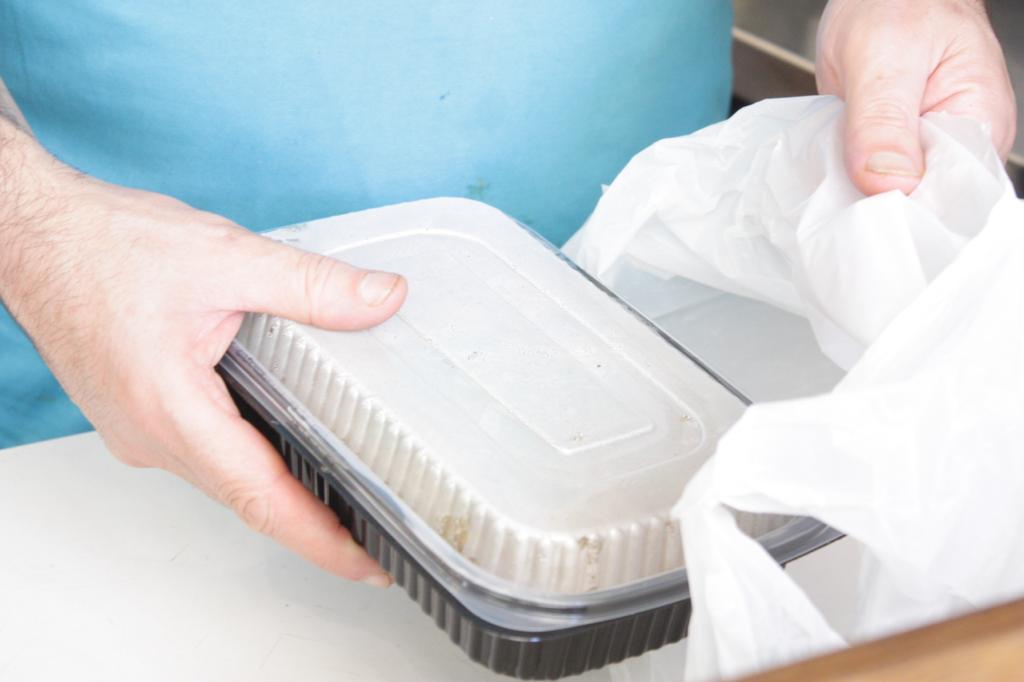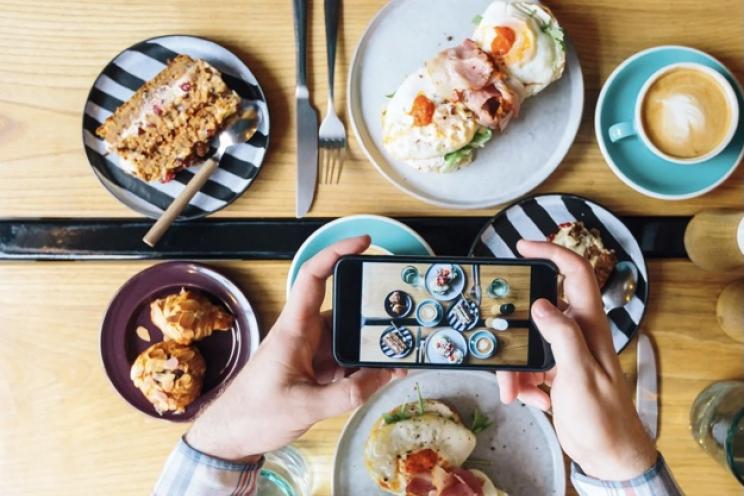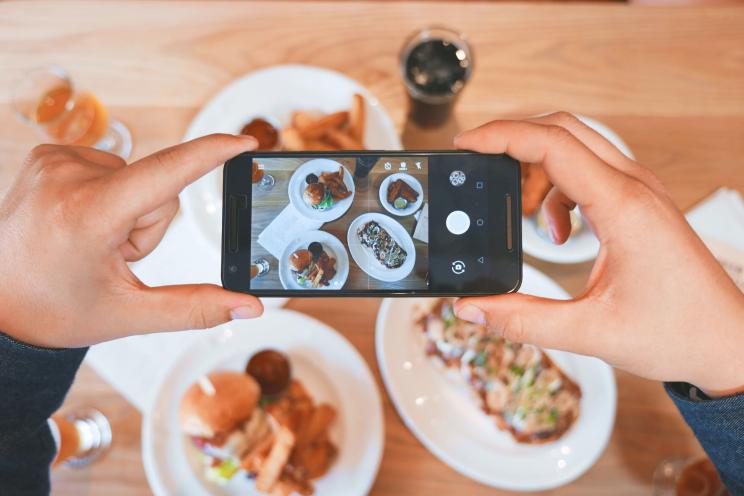
Virtual and ghost restaurants: Do we say goodbye to dining in?
In the last couple of years, restaurants have faced all kinds of challenges.
We’ve seen different scenes in the hospitality industry: empty restaurants, limited number of dining tables and more space between tables that respects social distancing.
These pressures forced restaurants to go up and beyond to survive.
The focus of the sector has shifted to off-premises sales.
It’s a trend that started before the pandemic but reinforced greatly during Covid19.
Reports are showing that digital ordering and delivery have been growing 300% faster than dine-in traffic since 2014.
Revenues in the Online Food Delivery segment is projected to reach US$306,808m in 2021.
So, does pizza dominate the delivery industry?
Not anymore.
That’s why in recent years the terms “virtual and ghost restaurants” are becoming popular.
What is the virtual restaurant?
Ricky Lopez, the owner of Top Round Roast Beef in San Francisco stated that delivery used to form 25% of his overall business while now it’s 75%.
Virtual restaurants are “restaurants with no physical storefronts, tables or chairs. They exist only inside a mobile app.”
They serve restaurant-quality food whenever you want it through the restaurant’s mobile app or a third party.
Virtual restaurants have a brick and mortar location that support online orders and ideally have an exclusive delivery menu.
It’s a separate food vendor entity operating out of an existing restaurant kitchen.
You can get a delivery or a takeout from them.
What is a ghost restaurant?
Ghost restaurants are exclusively designated for food delivery without a brick and mortar location unlike virtual restaurants.
The terms ghost restaurants and virtual restaurants are interchangeably used but in fact they have their differences.
Their facilities are solely made for virtual brands.
They have a rented kitchen space to launch their virtual brand.
Usually, these ghost restaurants function through a third party for delivery.
They allow operators to meet new consumer expectations, especially during the pandemic and closure and reduce operational costs.
The rented kitchen space might be shared with other brands from different restaurants.
You can have a ghost restaurant and leave all of the kitchen production to an external company.
Things like setting up the kitchen and delivery will be handled by a third party.
Which to choose?
It all depends on you.
Usually, virtual restaurants seem like an easy procedure for existing restaurants and kitchens looking to start off-premises business and sales.
Ghost kitchens might be a more feasible option for launching a new business with less capital.
Pros and cons of virtual kitchens
Pros of virtual kitchens
Invest in online sales
You already have an existing business where you can easily allocate for online orders without having to rent a separate ghost kitchen.
Control over customer relationship and satisfaction
You directly receive orders from your customers and you can use your own delivery services or even pick-up option for your clients’ convenience.
You know their preferences and the issues they face so you can adjust easily to their demands.
Cons
Rush orders
In virtual restaurants, you will be receiving orders from different channels.
This might create confusion in order fulfillment if you aren’t organized.
One way to overcome this issue is by using a POS.
Pros and cons of ghost kitchens
Pros
Low overhead costs
Since you’re only renting a kitchen space, you are eliminating all costs associated with opening a restaurant that requires more labor and more expenses associated with utilities.
Easier launching
Setting up a kitchen is way simpler than setting up a whole restaurant.
It’s a quicker option and you have the chance to rent a shared space for lower costs.
Reach of new markets
Ghost kitchens are a great opportunity to test new markets and deliver to them through the third party delivery company.
You can practically test any targeted market for expansion purposes.
Cons of ghost kitchens
Third party delivery fee
While you have yourself lower overhead costs, no doubt that you have delivery fees to take into account.
They might charge you a certain percentage on each delivery or a monthly fee.
Customer relationship management
With a third party to handle your deliveries and settings and no direct customer communication, managing relationships with your customers is tricky.
It’s also hard to have control over your reputation with other parties handling your business.
Costly marketing
Since you only operate from a ghost kitchen, you need to focus on marketing your brand.
You should use all social media platforms and other marketing tools to create awareness and brand recognition and loyalty.
Virtual restaurants and ghost kitchens are here to stay.
They are the future of restaurants whether you are using a third party or your own website for online orders.
Covid19 simply accelerated the emergence of this modern trend.





